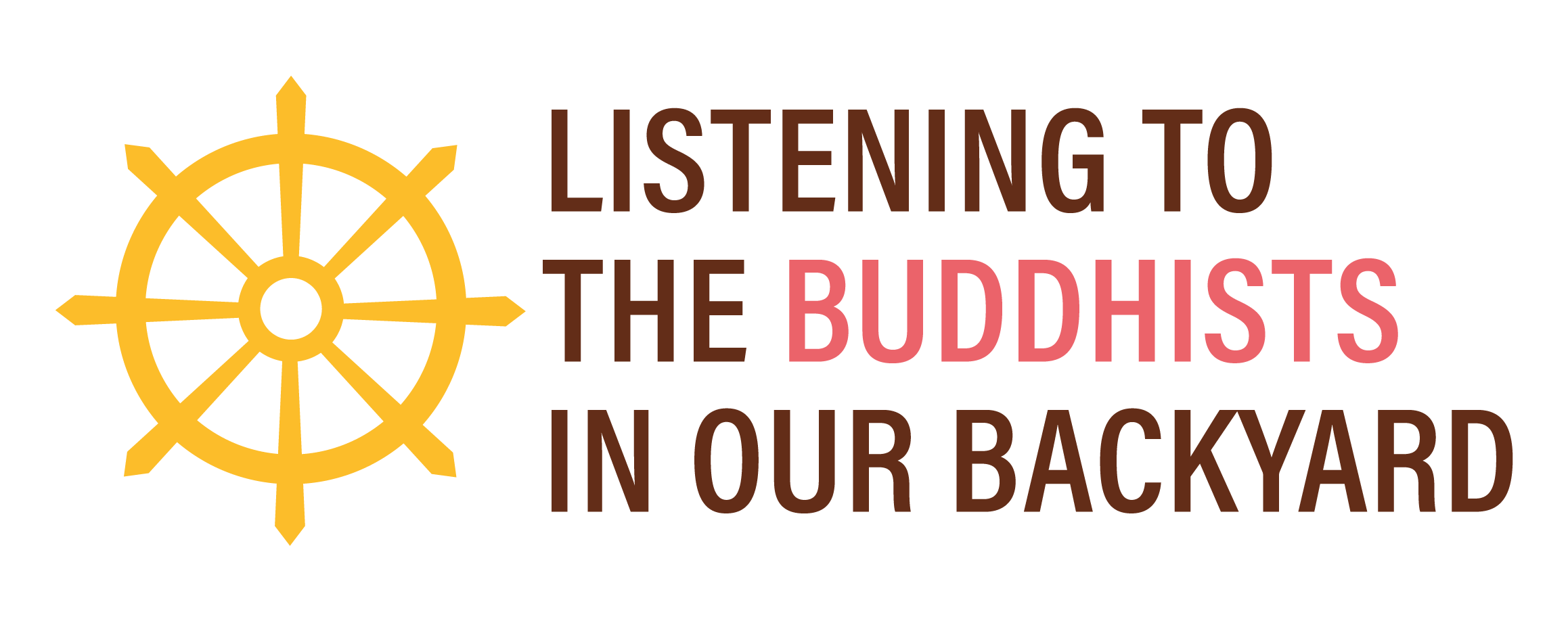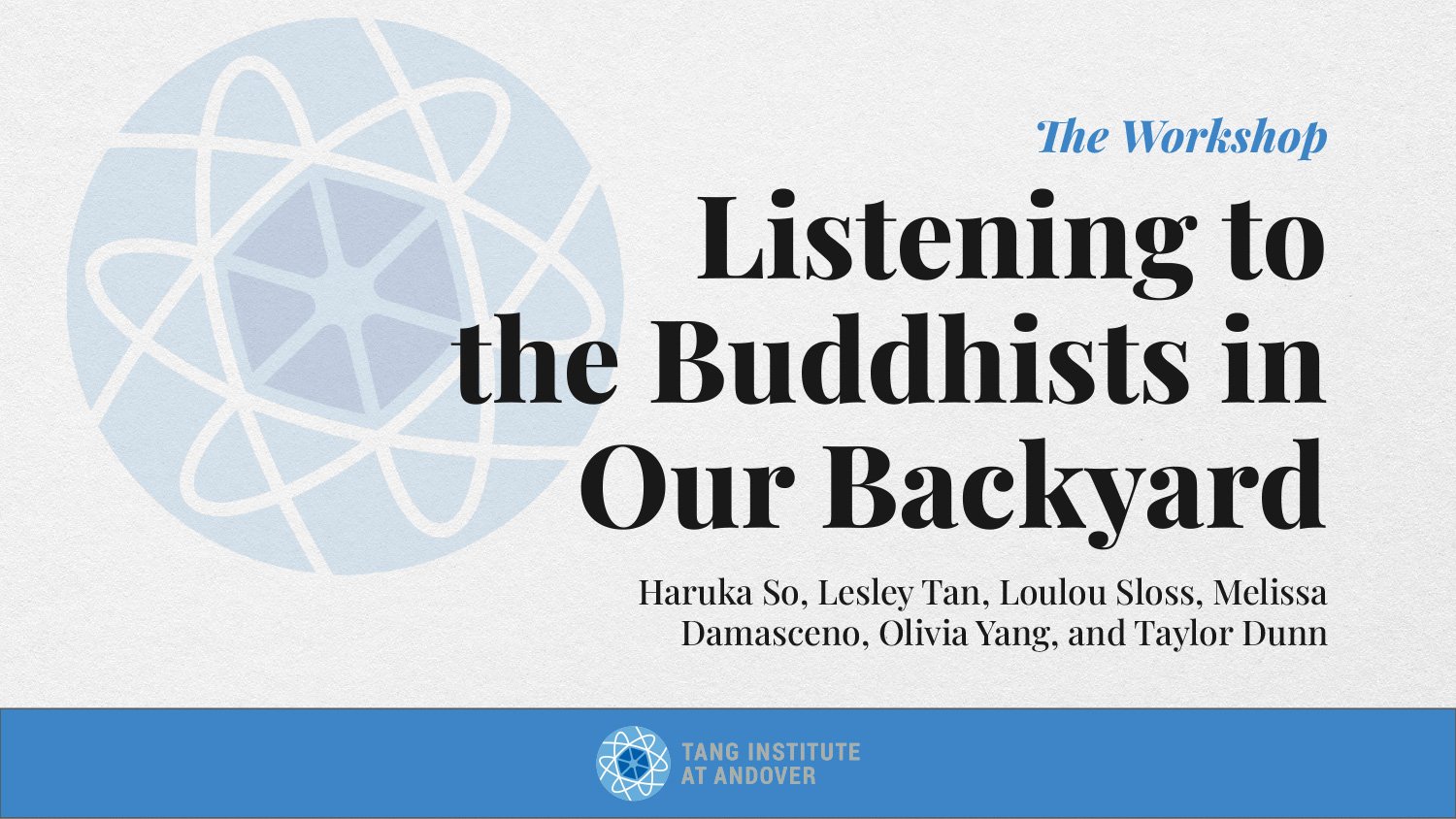Inspired by the living archive produced by our inaugural group of six high school seniors, this page offers up a selection of public-facing work created by multiple cohorts of L2BB students.
You’ll find writing, presentations, and more
by Phillips Academy Andover seniors during their ten-week spring term in The Workshop 2022, 2023, and 2024, as well as blog posts from master’s students from the Klingenstein Center at Columbia University’s Teachers College who came to Andover for a six-day L2BB January-Term immersive in 2023.
In crafting the work on this page, our students examined excellent work by others as a model for their own efforts while undertaking regular rounds of drafting, revision, and feedback. This collaborative, iterative, and ungraded pedagogical approach draws from many inspirations, among them Ron Berger’s An Ethic of Excellence, which details how his middle school students produce outstanding, public-facing demonstrations of learning for a broader community. While we are all still learning on our L2BB journey—none of us would claim to be experts—we offer the examples below for inspiration, reflection, and as a possible point of departure for your own creative endeavors.
Original L2BB website
Huge thanks to the six high school seniors of the inaugural L2BB cohort who took the initiative to build a website to share about Listening to the Buddhists in Our Backyard with a broader audience. You can check out their original website.
Young Voices essays at Buddhistdoor Global
Founded in 1995, the online journal Buddhistdoor Global (BDG) offers a diverse range of English-language Buddhist content to the world. Special thanks to BDG senior editor Craig Lewis, as well as Beginner’s Mind editors Susanne Ryuyin Kerekes and Jessica Xiaomin Zu, for helping to establish Young Voices. The essays below are part of this special project at BDG, which features insightful reflections by high school students studying Buddhism through experiential learning–based courses.
-
What Should We Do with Impermanence?
“Engaging with Buddhism through physical, bodied experiences has helped me to reimagine what it means to be a Buddhist in a world that is constantly being rewritten.”
—
Olivia Yang -
Dana: The Power of Communal Living
“My previous understanding of dana—the practice of gifting—was incomplete: the shape of dana can range from giving a simple orange to offering a genuine wish for another’s security and well-being.”
—
Haruka So -
Unraveling from Expectations
“At the Vietnamese Tinh Vien Quan Am Pagoda, a nun emphasized to us: ‘No one has to do anything.’ She went on to explain that she never imposes the Buddhist teachings on anyone, nor does she try to force others to visit the temple.”
—
Lesley Tan -
Buddhism and Self-Reliance: Learning for Growth
“My perspective changed the moment we stepped into our first Buddhist temple and spoke with the youth group coordinator about how people have changed and benefited from being part of this community.”
—
Melissa Damasceno -
Finding Comfort in Not-Knowing
“When we entered the main hall of Boston Buddha Vararam, a Thai temple in Bedford, Massachusetts, and walked up to the statue of the Buddha, everyone but me knew how to prostrate.”
—
Loulou Sloss
-
The “Happy Birthday” Song
“As I sang and cried and giggled, I reflected on my spontaneous decision to attend this retreat as a high school senior who’d only studied Buddhism for a few weeks in a virtual school class during my sophomore year and hadn’t touched on it since.”
—
Alice Fan
-
What One Word Can Do
“Learning is also experiencing, feeling, and reflecting—and doing all of these in community with other people.”
—
Rhine Peng
-
Nirvana Starts in the Kitchen
“The journey of finding the perfect state of mind was more accessible to me though cooking than meditation.”
—
Chris Wong
-
The Next Generation: Buddhist Youth Group Experience at Chùa Tuong Vân Lowell
“Buddhism is lived through community: meditating together, learning Vietnamese, teaching each other, and building lasting memories.”
—
Kian Burt
Pluralism Project temple profiles & social media takeover
We are grateful to Dr. Diana Eck, founder and director of the Pluralism Project at Harvard University, and Elinor Pierce, the project’s research director, for the invitation to contribute to their work on religious diversity in Greater Boston—and to do a social media takeover of their Instagram account!
Our students were excited to write temple profiles that would support their place-based approach to the study of religion. Their learning process mirrored the one undertaken by Ron Berger’s students: together, we studied examples of excellent profiles and analyzed the components that went into them. We used Pluralism Project resources to think about how best to ask interview questions and gather important information about the temples. The students then made multiple trips to these research sites to follow up on lingering questions and double-check their research. The publication standards of the website gave them a clear public-facing standard of excellence. Their work was complete not when they submitted it to their teachers, but when it was accepted for publication by the Pluralism Project—no matter how many drafts and revisions this ultimately took.
-
Chùa Tuong Vân Lowell
Loulou Sloss and Melissa Damasceno
-
American Wisdom Association (般若寺)
Lesley Tan and Haruka So
Tang Institute blog posts
Students in L2BB also shared their writing and thinking while it was still in process. The Tang Institute blog was a perfect home for these reflections: it was public enough that it required students to draft and revise their work, seeking out clarity even as they wrote preliminary thoughts and gave voice to developing ideas. It was also well-read within the Andover community (parents and alums in particular engage with this blog often). However, because the site regularly features shorter posts, it did not require the same amount of sustained research and preparation as something like a Pluralism Project profile, and could instead serve as an avenue for in-the-moment student writing and reflections. In addition to the student reflections below, the Tang blog features posts by faculty member Corrie Martin and staff member Kristin Bair O’Keeffe on the educational context of L2BB, as well as an essay by core L2BB collaborator Tham Tram on youth education at a local Vietnamese Buddhist temple.
-
The Beauty of Interdependence
“The opportunity to be in community, without underlying tones of competition or loneliness, has brought much warmth to my heartmind and has greatly expanded what I envisioned learning to be.”
—
Olivia Yang -
The Deepest End
“The Workshop changed my point of view. I am both interested in every resource we've been given and, for the first time in my school career, inspired to seize every experience we've had throughout the term. Is this uncool_ Or has school just become cool_”
—
Loulou Sloss -
Nunks
“The difference between ‘work’ and ‘fun,’ or perhaps ‘play,’ is that the latter two comfortably dwell in imperfection and exploration—that, I think, is what the Workshop is about. There is no ‘right’ way to ‘do’ Buddhism, or most other things, for that matter, as the Buddhists in our ‘backyard’ have taught me and L2BB.”
—
Nick Liu
-
Jumping into the Unknown
“When was the last time you signed up for something but had no idea what to expect_ For me, it had been a while.”
—
Megan Farrell -
A Sense of Belonging in Unfamiliar Communities
“Even though I did not know what he was saying, I allowed myself to be fully immersed. I was moved to tears.”
—
Breanna Conley -
Nonprofits, Merit Transfer, and Common Good Services
“Particularly through the practice of seeing and listening first before wondering, a guiding principle of the Listening to the Buddhists in Our Backyard (L2BB) project, I am immediately reminded of the many altruistic services that temples provide to the public despite their financial constraints.”
—
Tam Do
Public Presentations
Online conference
As a culmination to their spring 2022 term, the L2BB high school students hosted an online conference and an in-person symposium to present the fruits of their learning. In these public-facing presentations, they connected their study of American Buddhism in the local Merrimack Valley context with broader themes and ideas in Buddhist studies and pedagogy at large. Attendees included Buddhist studies professors, monastics, school administrators, journalists, and more—a unique blend of voices coming together to reimagine Buddhist education.
These presentations were fully conceived, designed, and authored by the students. They sought to infuse the spirit of dāna (a Pāli word often translated as “generosity”) and relational accountability (a concept they learned from Harvard Divinity School students) throughout the term-long process of creating their presentations.
These presentations helped illustrate the clear link between student motivation and an authentic audience. Several times a week the students would look at our updated RSVP list and realize that their audience included professors whose work we had studied, monastics and other members of the temples we had visited, and a range of interested scholars, journalists, and educators.
The students recognized the depth of preparation they would need for these presentations to succeed. They weren’t motivated by a grade, but by something far greater: the desire to honor the kindness and generosity of the many different people who contributed to their learning. They revised their slides numerous times, wrote multiple drafts of the script, sought feedback on various rehearsals, and continually refined the interactive components of both the online conference and the in-person symposium. They aimed to craft a learning experience that would inspire those who attended—and that could mirror the generosity of the temples, communities, and scholars who made L2BB possible.




Moments from the in-person symposium






